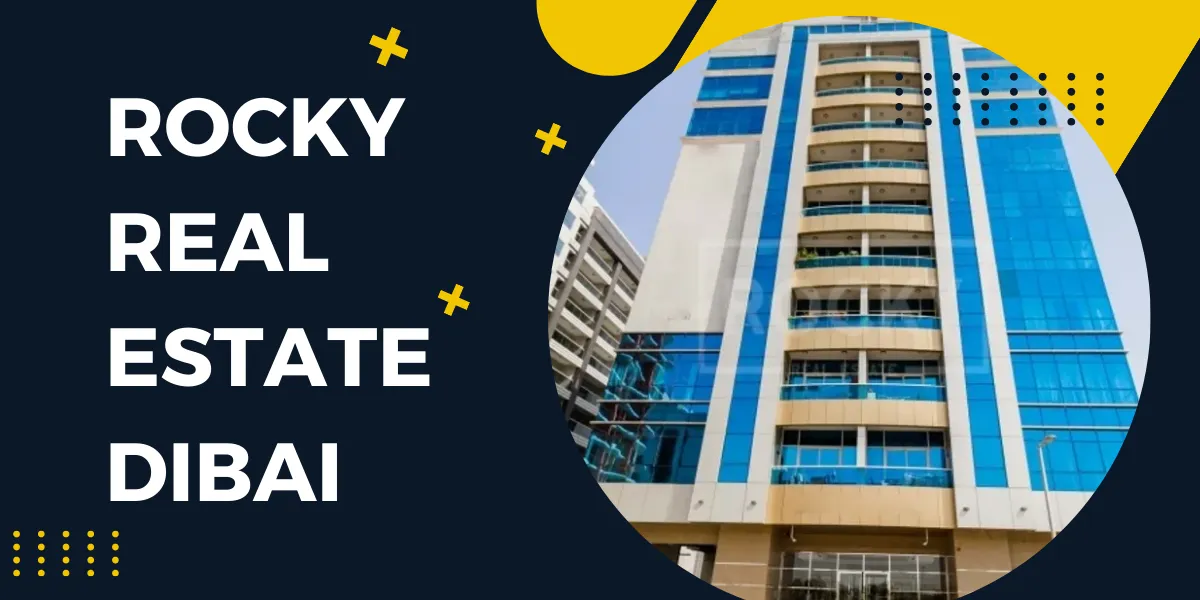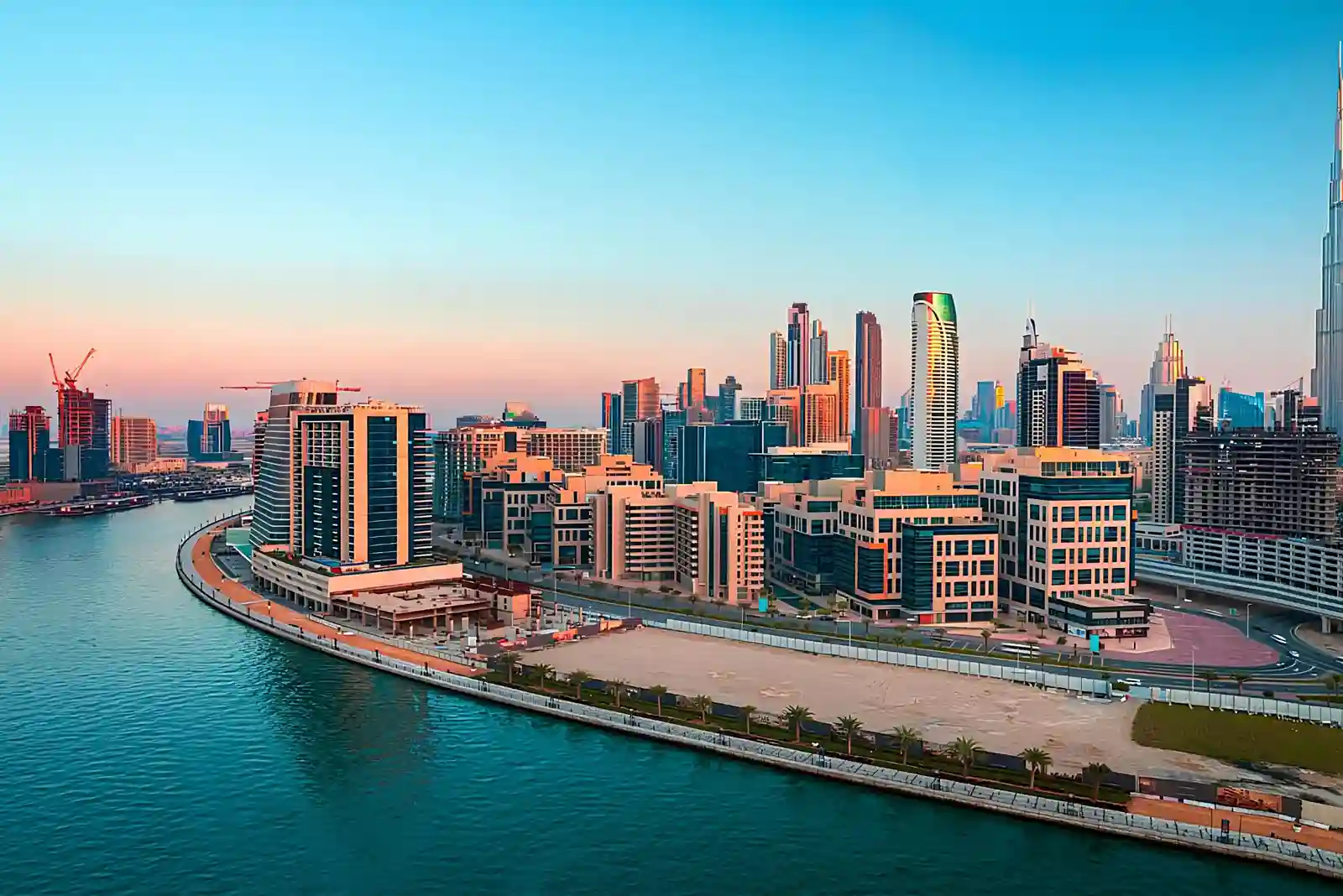The Role of a Real Estate Developer: Building Communities and Transforming Spaces
Real estate development is a crucial aspect of the construction industry that involves planning, financing, and overseeing projects to create new properties or renovate existing ones. At the forefront of this process stands the real estate developer, a key figure responsible for shaping our cities and communities. In this article, we will explore the role of a real estate developer, their responsibilities, and the impact they have on the built environment.
What is a Real Estate Developer?
A real estate developer is an individual or a company that takes the lead in transforming raw land or existing properties into valuable assets. They play a vital role in bridging the gap between architects, construction teams, investors, and end-users. Real estate developers possess the vision and expertise necessary to conceive, plan, and execute projects that align with market demands and enhance the overall quality of life.

Identifying Opportunities and Conducting Market Analysis:
Successful real estate developers have a keen eye for identifying potential opportunities. They conduct extensive market research and analysis to understand trends, demands, and economic conditions. This analysis helps them determine the feasibility of a project, assess risks, and anticipate future market dynamics.
Acquiring Land and Securing Financing:
Once a promising opportunity is identified, real estate developers acquire the necessary land or existing properties for development. This involves negotiations, legal procedures, and financial considerations. Developers often collaborate with investors, financial institutions, or venture capitalists to secure the required funding for their projects.
Project Planning and Design:
The next crucial step for a real estate developer is project planning and design. They collaborate with architects, urban planners, and engineers to create a comprehensive blueprint for the development. This includes considerations for zoning regulations, sustainability, infrastructure, and community needs. The developer ensures that the project aligns with local regulations and addresses the demands of the target market.
Obtaining Permits and Approvals:
Real estate development requires adherence to various regulatory and environmental standards. Developers work closely with local authorities to obtain the necessary permits and approvals for construction. This process ensures that the project complies with building codes, environmental regulations, and other legal requirements.
Construction and Project Management:
Once all the necessary approvals are in place, real estate developers oversee the construction phase of the project. They collaborate with construction teams, contractors, and suppliers to ensure that the development is executed according to the approved plans, timelines, and budget. Effective project management is vital to address any challenges that may arise during the construction process.
Marketing and Sales:
Real estate developers play a crucial role in marketing and selling the completed properties. They employ various marketing strategies to attract potential buyers or tenants. This may involve collaborating with real estate agents, hosting open houses, or utilizing digital platforms to showcase the project’s features and benefits.
Post-Development Responsibilities:
Even after the completion of a project, real estate developers remain involved. They are responsible for property management, maintenance, and addressing any issues that may arise. Additionally, they often contribute to the community by implementing amenities, green spaces, or other facilities that enhance the overall livability and sustainability of the development.
Real estate developers are instrumental in shaping the built environment and creating vibrant communities. Through their vision, market knowledge, and project management skills, they transform empty lots or dilapidated properties into thriving residential, commercial, and mixed-use spaces. By considering market demands, regulatory requirements, and community needs, real estate developers contribute to the growth and improvement of our cities, leaving a lasting impact for generations to come.








